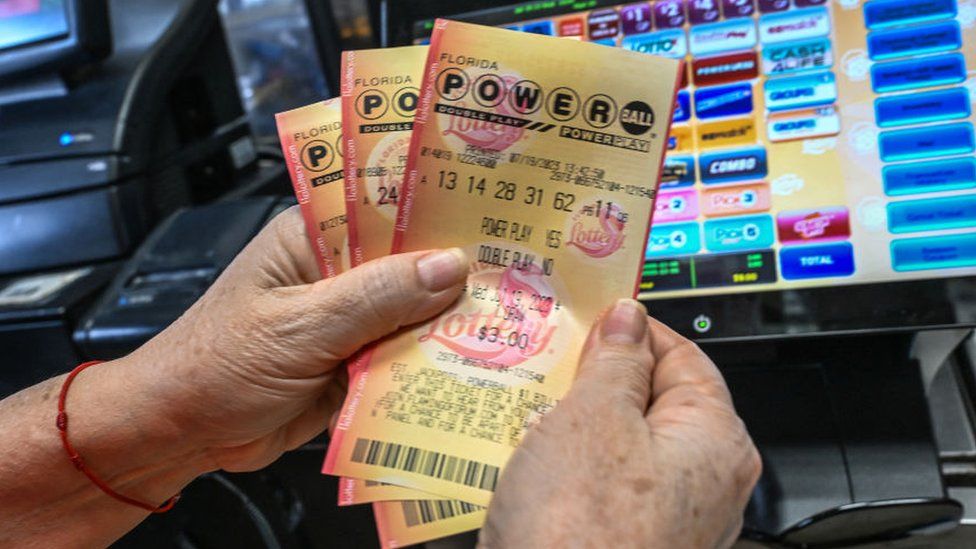Lotteries tap into the psychology of risk and reward, offering a glimpse of a life unburdened by financial constraints. The excitement of playing and the anticipation of winning can be a powerful motivator, with the dream of a jackpot serving as a temporary escape from the challenges of everyday life. Psychologists argue that the allure of lottery is not only about the potential for material gain but also the emotional experience of hope and possibility.
Ethical Considerations:
The ethical considerations surrounding lotteries are complex and multifaceted. On one hand, they provide a voluntary form of entertainment for those who choose to participate. However, concerns arise when vulnerable individuals, desperate for a change in their circumstances, are targeted by aggressive marketing campaigns that oversell the chances of winning.
Governments and lottery organizers must strike a delicate balance between generating revenue for public good and ensuring responsible gambling practices. Implementing regulations, education programs, and support for those at risk of developing gambling problems are essential steps in mitigating the negative consequences associated with lotteries.
Conclusion:
Lotteries have woven themselves into the fabric of societies around the world, offering a tantalizing mix of chance and possibility. As we navigate the complex terrain of ethical considerations, it is crucial to appreciate both the positive and negative aspects of these games of luck. Whether viewed as a means of supporting public initiatives or criticized for exploiting vulnerable populations, lotteries will continue to spark conversations about the intersection of chance, choice, and societal impact.

